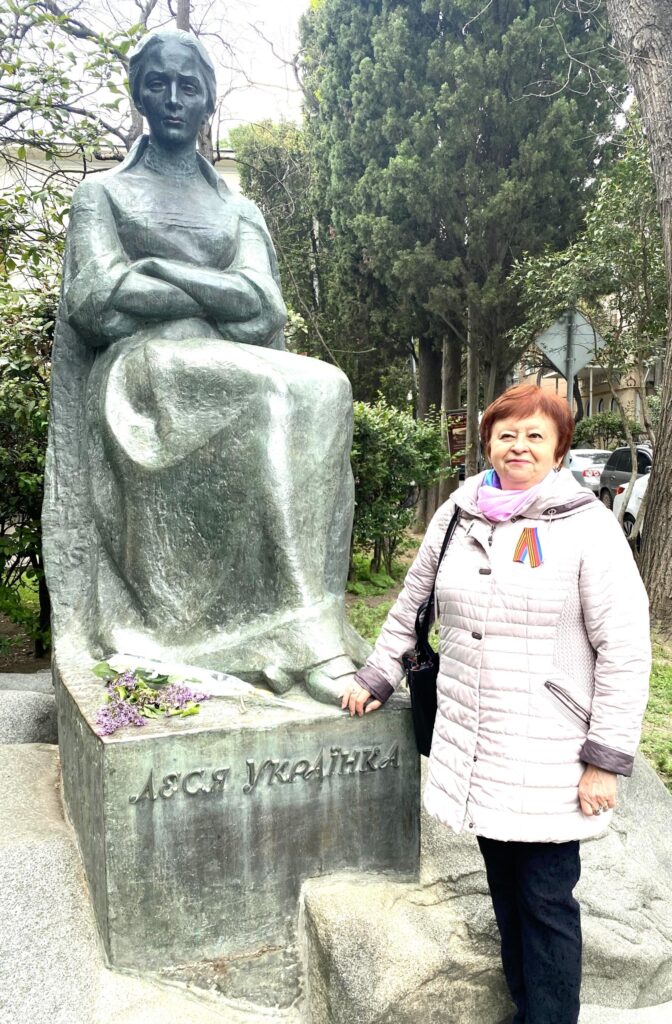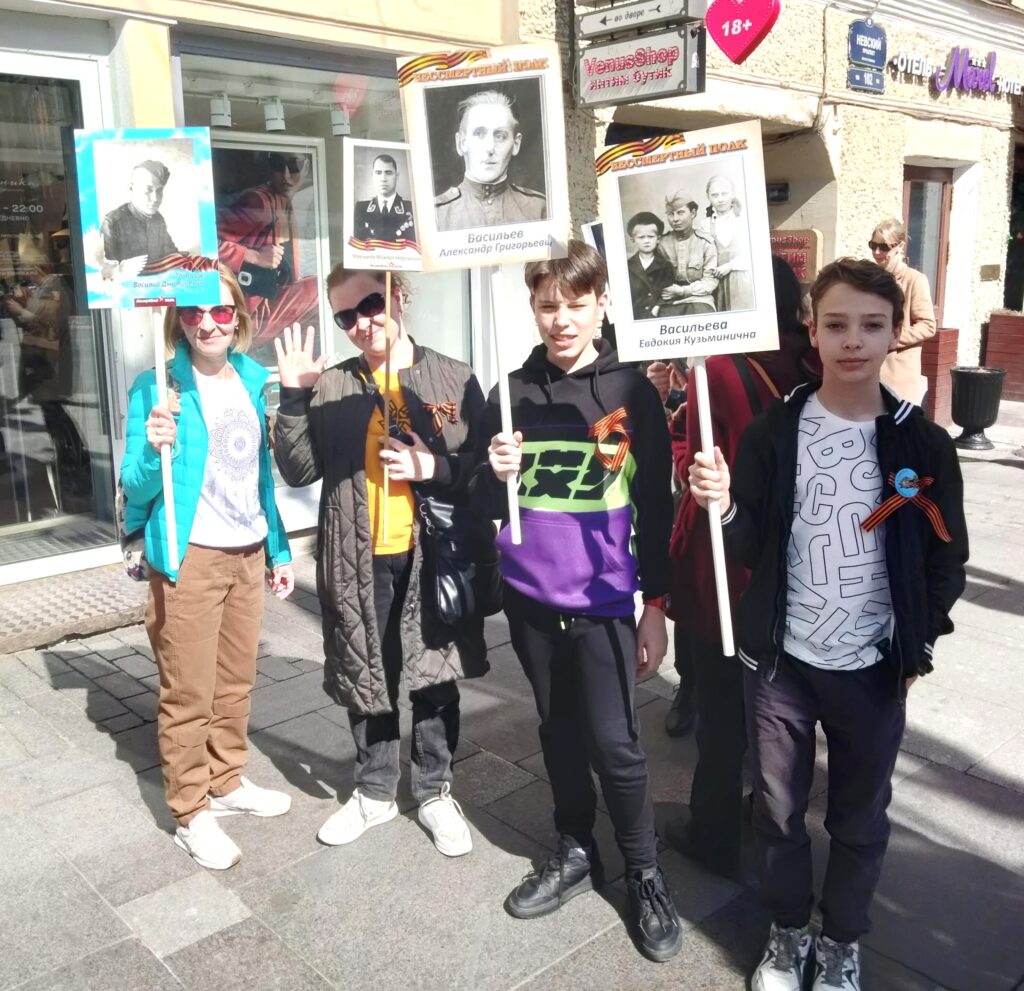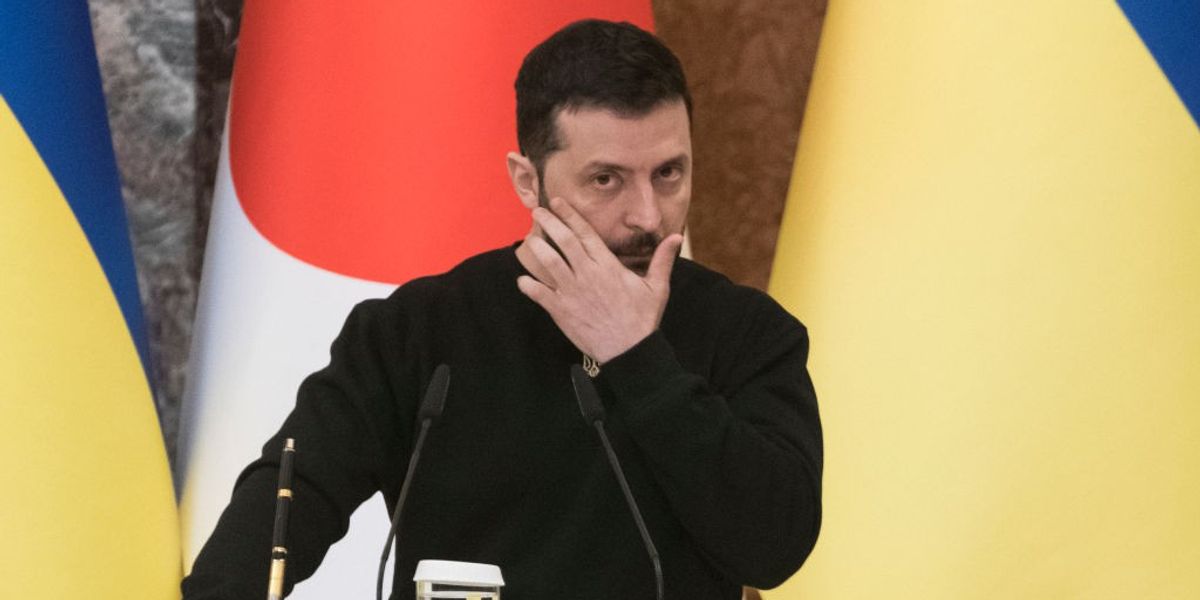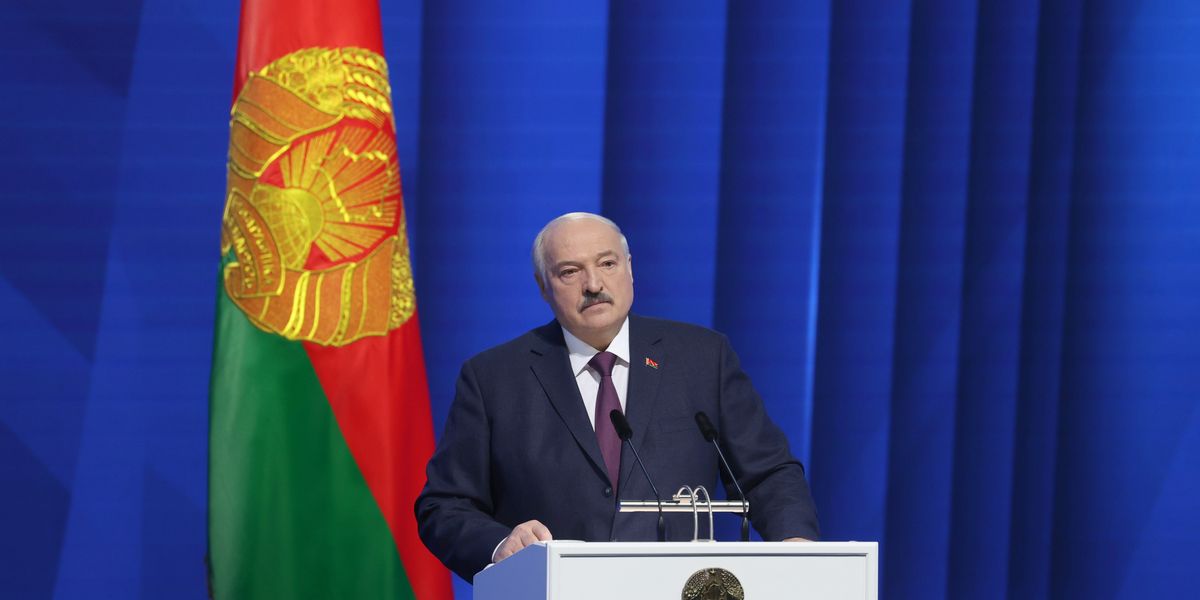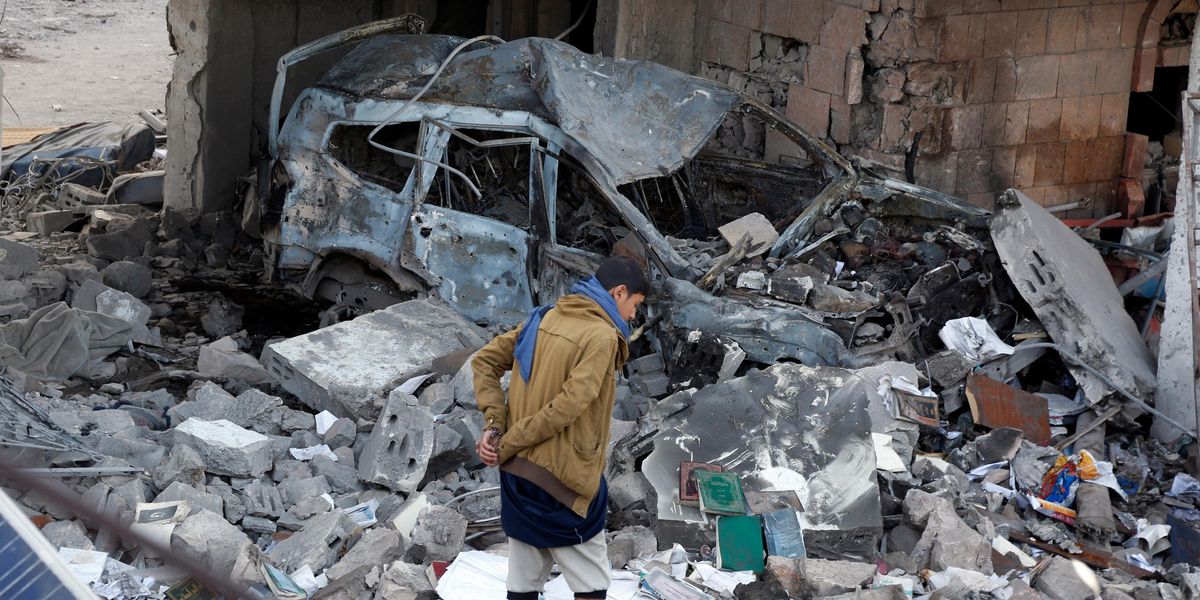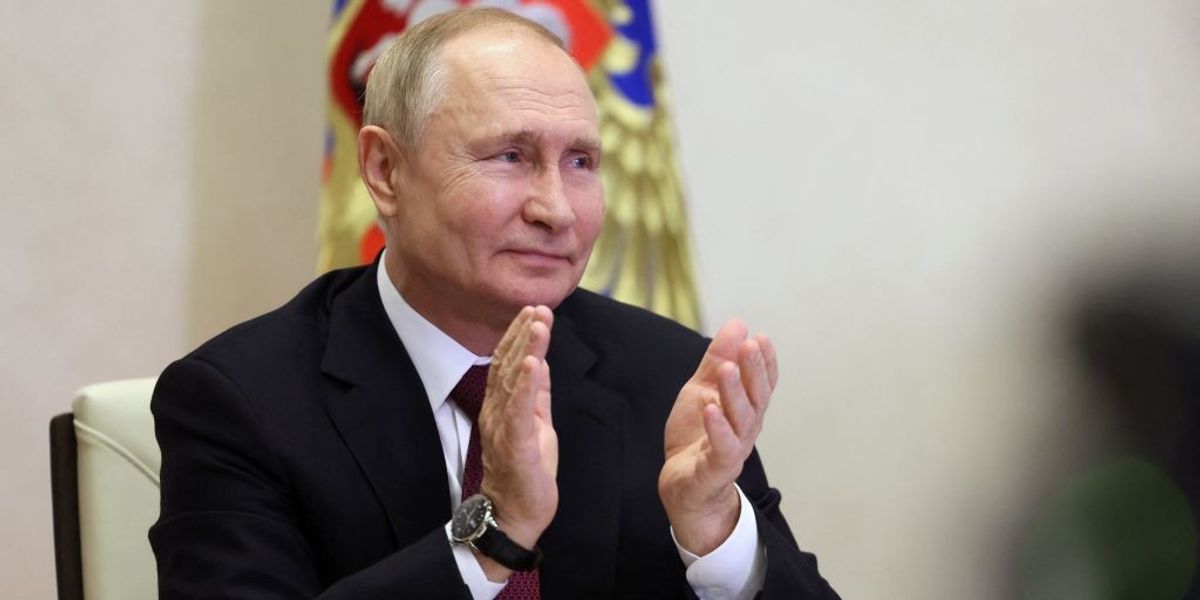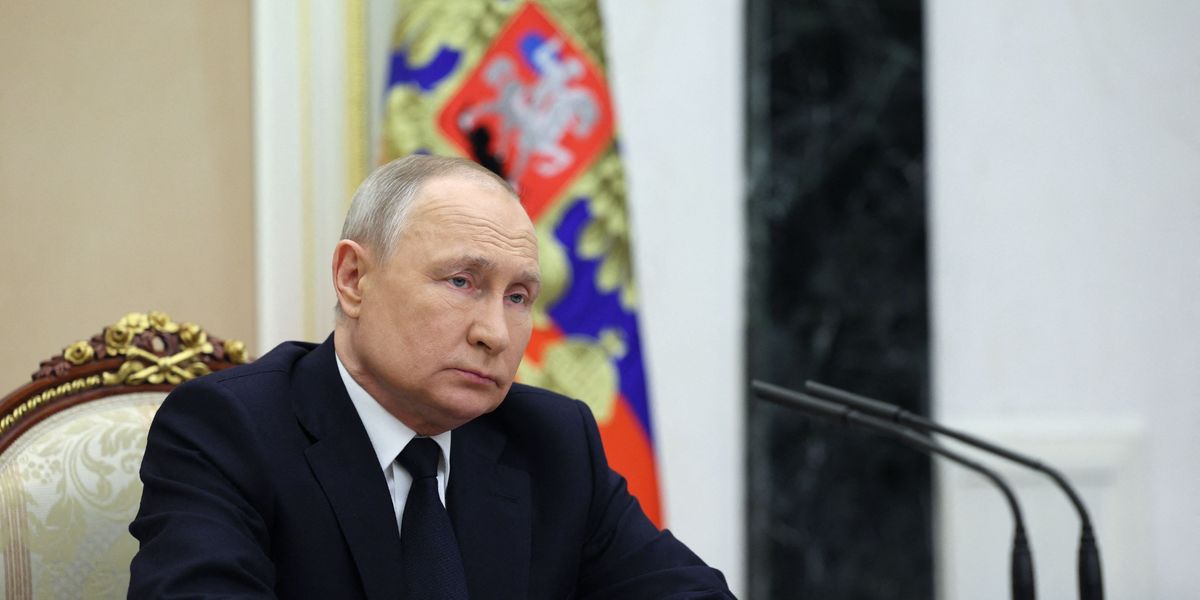May of this year, we took the long, 27-hour train ride from Moscow to Crimea to see how life is there and what the sentiment of the people are as the US and Ukraine sharpen their threats to “recapture” this peninsula from Russia. And, while we were there, these threats were backed by a series of terrorist drone attacks in Crimea which, while doing little serious damage, signaled an escalation in the US/Ukrainian assault on Crimea.
Despite such threats and attacks, what we found in this historic peninsula on the Black Sea was a beautiful, almost idyllic place with a bustling economy and a general sense of prosperity and hopefulness. We also found a people who seem quite content to remain a part of Russia just as Crimea has been, except for a brief interval, since 1783.
During our trip, we visited the three major cities of Simferopol, Sevastopol and Yalta.
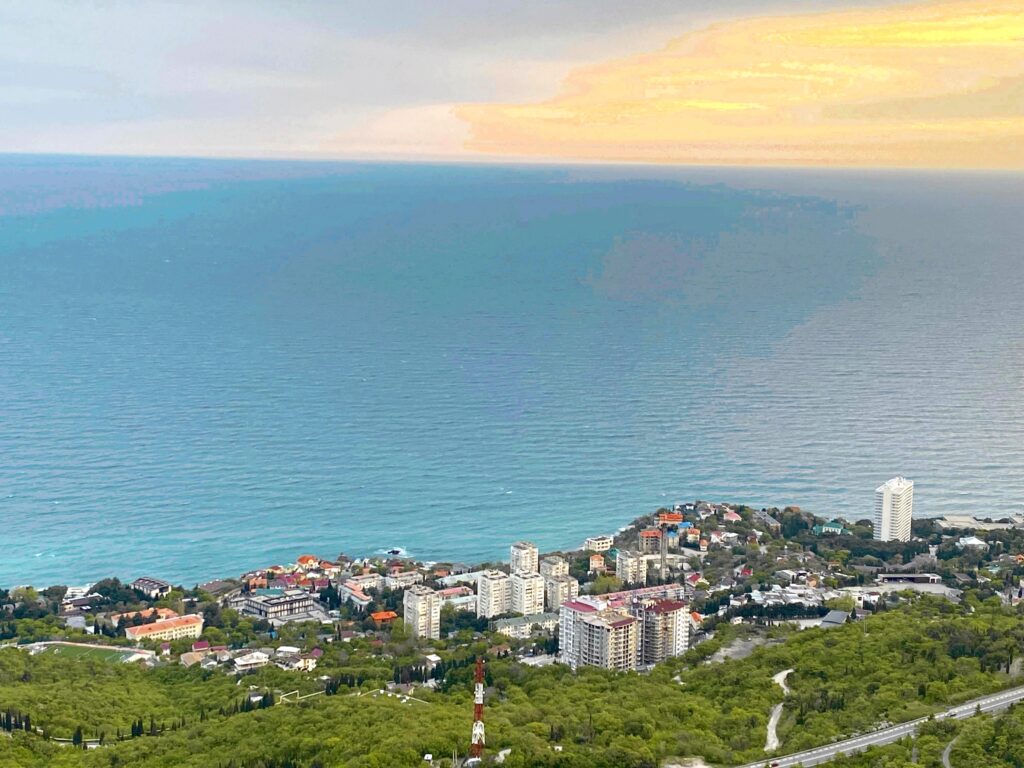 Crimea has rugged but beautiful coastline.
Crimea has rugged but beautiful coastline.
The Capital Simferopol
Simferopol is an inland city with about half a million residents. There are universities as well as Crimea’s parliament and industry. When we visited it, most people were enjoying the holidays. We saw multiple groups of teenagers singing patriotic songs on the street and in front of memorials. It is difficult to imagine something comparable happening in the US or Canada. The difference may be partly the result of education but it also shows the different consciousness and experience. Approximately 1 in every seven citizens died in WW2 so every family in the Soviet Union lost family members. The Nazi invasion and occupation were horrible, real and impacted every one.
 Theater students sing patriotic songs on the street, 6 May 2023.
Theater students sing patriotic songs on the street, 6 May 2023.
In Simferopol we met two women, Larisa and Irina, who described in detail what happened in early 2014. Confrontations started when a small group of ultra-nationalists tried to demolish the statue of Lenin in the capital center. Seeing this as an attack on their Soviet and Russian heritage, a much larger group gathered and stopped them.
Then, three police who were residents of Crimea were killed in Maidan protests. As their corpses were brought home, there was increasing fear that the violence in Kiev could come to Crimea. Volunteers formed self-defense battalions.
Hundreds of Crimeans went to Kiev on chartered buses to peacefully protest against the Maidan chaos and violence. The violence climaxed with the killing of police and protesters by snipers located in opposition controlled buildings on February 20. The Crimeans realized that peaceful protests were hopeless and departed back to Crimea on the chartered buses. At the town of Korsun, the convoy of eight buses was stopped by a gang from the Neo-Nazi “Right Sector”. Dozens people were beaten and seven Crimeans killed.
 Crimean Bus Passengers were beaten with seven killed on 20 February 2014.
Crimean Bus Passengers were beaten with seven killed on 20 February 2014.
On February 22, the elected Ukraine government was overthrown. On its first day in power, the coup government enacted legislation to remove Russian as a state language. These events provoked shock, fear and the urgent desire to re-unify with Russia. According to Larisa and Irina, there was a huge popular demand to hold a referendum to secede from Ukraine.
The Crimean parliament agreed and first proposed to have the referendum in May. The popular demand was to have it much sooner. Larisa says that on February 27 the Russian flag was flying over parliament. She does not know how, but says, “It was like a miracle.” People sensed then that Russia might accept Crimea. Suddenly there were Russian flags all over the city.
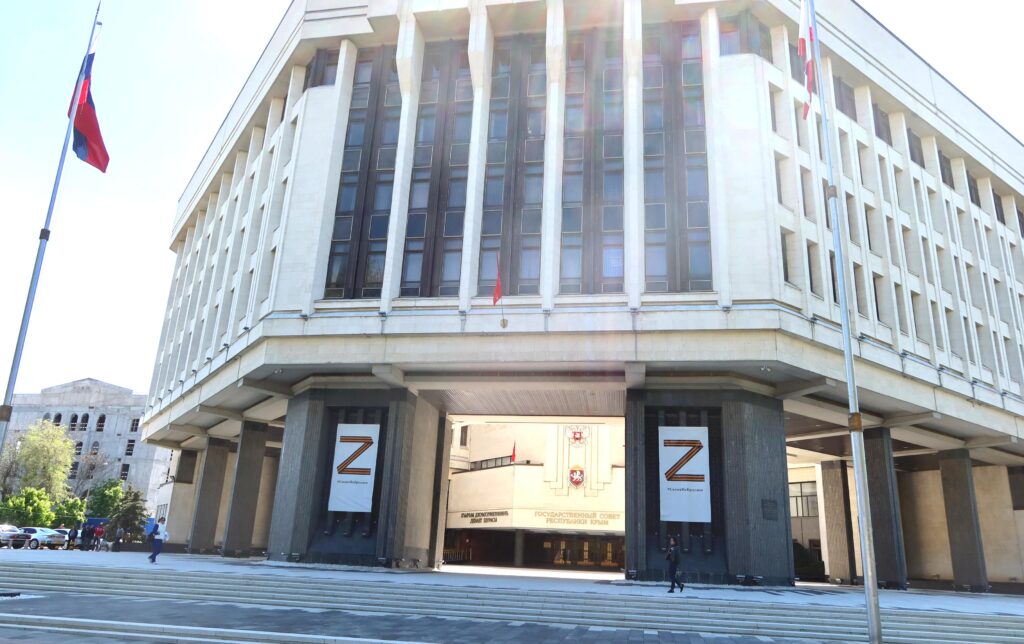 Crimea Parliament in the capital Simferopol
Crimea Parliament in the capital Simferopol
There was still the fear of violence. Soldiers in green uniforms without insignia, known as the “polite men” appeared at key locations such as the airport and parliament. It is generally understood these were Russian special forces. They were heartily welcomed by nearly all and events proceeded without violence. Larisa laughed at western journalists who used the photograph of a WW2 tank in a park, to suggest that Russian tanks were in the capital.
There was no involvement by Russia in the referendum; it was organized and carried out by the traditional election council on March 16. The results were decisive: with 83% voting, 97% voted to rejoin Russia.
Two days later the Crimean parliament appealed to the Russian Federation. Two days after that the agreement was signed in Moscow. Larisa and Irina say, “Everyone was happy”; they call it “Crimea Spring”.
Nuclear Submarines Museum
We visited many amazing places in Crimea. In the port town of Balaklava, we visited a museum which reminded us of the increasing danger of nuclear war. The first class museum is located in the site where Soviet submarines were repaired, refitted and nuclear missiles installed. The site is a tunnel at sea level under a mountain. The tunnel goes from the open Black Sea to the protected Balaklava harbor. Under the mountain, the submarines could survive any attack and respond if necessary. When we visited, many school children were also there, learning about the dangers of nuclear war, how and why Russia felt the need to develop their own nuclear capacity. The educational graphics start with the fact that the US dropped nuclear bombs on Japan, and why Russia must be prepared to defend itself. Today this site is an educational museum. We don’t often think about nuclear weapons and the likelihood they could be used if war was to break out between Russia and the US. The museum shows they take this very seriously. Russia’s active nuclear armed submarines are located in Vladivostok and elsewhere.
 Nuclear submarine base under mountain in Balaklava (now a museum).
Nuclear submarine base under mountain in Balaklava (now a museum).
The Valley of Death
Driving north from Balaklava, we paused at a memorial overlooking a valley that was scene of an important battle in the Crimean war of 1854. It was immortalized in Alfred Tennyson’s poem “The Charge of the Light Brigade” where British cavalry charged embedded Russian forces and suffered many losses. The poem says “Into the valley of death rode the six hundred.” A famous photograph taken by one of the first war time photographers shows a barren hillside strewn with cannon balls which mowed down the British attackers.
The great Russian author Leo Tolstoy was a volunteer fighter in the Crimean War, and he himself documented his experiences in battle. As one Crimean told us in making the point that Crimea has been part of Russia for a very long time, “the Crimean War was a Russian war; it wasn’t a Ukrainian war.”
Today those valleys have grazing sheep and vineyards with premier wineries comparable to those in Napa Valley, California. Visitors do wine tasting just like in California. The past war and bloodshed seem far away.
Sevastopol: A Special City
Further north is Sevastopol, a thriving city and the base of the Russian Black Sea naval fleet. Sevastopol is known as “the most Soviet City in Russia and the most Russian City in Ukraine,” and even the City Hall continues to bear the hammer and sickle emblem on its gates.
When Ukraine seceded from the Soviet Union in 1991, Russia negotiated a long term lease for the naval port. The Russian military has been in this port for 240 years. Along with Russian navy ships, there are locals fishing from the docks. There is a laid back, casual air to the port although the war hit close to home when Russia’s naval ship “Moskva” was sunk early in the conflict.
 Fishing from dock in Sevastopol….. Russian Navy vessels in distance.
Fishing from dock in Sevastopol….. Russian Navy vessels in distance.
Tanya introduced us to former Soviet and Ukrainian Navy captain Sergey. He described how, when the decision was made to secede from Ukraine in spring 2014, many enlisted sailors and officers chose to be in the Russian rather than Ukrainian navy. Throughout our visit it was emphasized that Crimea has been Russian since 1783 and the large majority of the population have Russian as their native language and consider themselves Russian.
People in Russia are very conscious of war and fascism. They call WW2 the Great Patriotic War. The Soviet Union caused by far the most losses of Axis soldiers. The US, Canada, and other allies supported the war with troops and supplies but it was the Soviet Union that bore the brunt of the war and was the primary cause of victory over Nazi Germany.
Crimea was a major target of the Nazi Axis and was the scene of some of the bloodiest battles of WW2. Despite stiff resistance the peninsula was temporarily defeated. After 250 days of siege, Sevastopol was captured by the Germans in June 1942. Crimea was retaken by the Soviet Red Army in 1944.
This history may explain why Crimeans are adamantly opposed to ultra nationalist hate filled rhetoric and why they decisively chose to re-unify with Russia following the overthrow of the elected Ukraine government in February 2014.
In Sevastopol we visited the Partisan Museum which is a house where anti-fascist Crimeans organized resistance to the Nazi occupation. The house had a hidden basement where fliers were printed and partisans organized the sabotage campaigns.
 Partisan Museum in Sevastopol.
Partisan Museum in Sevastopol.
A few miles south of Sevastopol is the hilltop where Nazi German command was based. It has been converted into a memorial and during our visit on Saturday prior to May 9 Victory Day, there were educational exhibitions and military displays along with miniature tanks driven by kids in a 50 foot track.
Yalta
In a palace at Yalta, the leaders of the US, UK and Soviet Union negotiated the spheres of influence in Europe after the defeat of the axis powers. The three countries were allies in WW2 but in just a few years the Cold War emerged.
Yalta is a thriving tourist city. The palace where Roosevelt, Churchill and Stalin met is open for visitors. During our visit, the hotels in Yalta were near capacity and the promenade and city streets were full of locals and visitors. Russians who used to travel to West Europe are now travelling about their own huge country and Crimea is especially popular.
Reflections on Crimea
Crimea is incredibly beautiful and historic. Today, despite occasional sabotage actions, the situation in Crimea is calm and inviting.
Following Crimea’s secession, Ukraine tried to punish Crimeans by cutting off the electricity supply to the peninsula. They were without power for five months. Next Ukraine blocked the fresh water supply.
Despite these hostile actions, Crimeans display no hostility to regular Ukrainians. They say, “They are our brothers and sisters.” Ukrainian is a state language in Crimea and Ukrainians are respected. There are statues honoring Ukrainian writers and artists. Many Ukrainian civilians have come to Crimea to escape the war.
Sergey says that Crimeans are sad about the conflict in Ukraine but will continue, slowly and patiently, to victory.
Irina says, “Zelensky will sooner take back the Moon than take back Crimea.”
This content originally appeared on Dissident Voice and was authored by Dan Kovalik and Rick Sterling.
This post was originally published on Radio Free.

